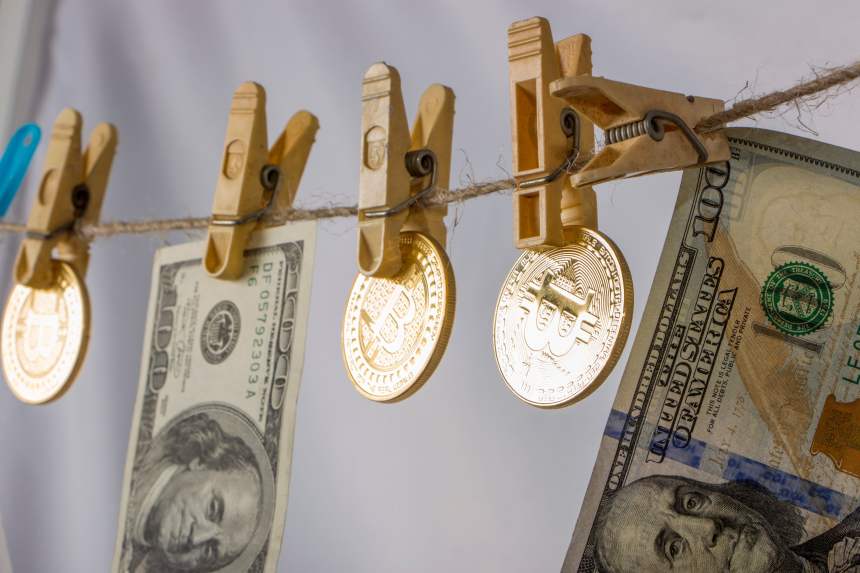Reason to trust

How Our News is Made
Strict editorial policy that focuses on accuracy, relevance, and impartiality
Ad discliamer
Morbi pretium leo et nisl aliquam mollis. Quisque arcu lorem, ultricies quis pellentesque nec, ullamcorper eu odio.
Silk Road, a dark web drug market founded by Ross Ulbricht under the pseudonymous nickname “Dread Pirate Roberts” has had a critical impact on Bitcoin. While it’s associated with the dark web marketplace has forever left a stain on the crypto asset, Bitcoin may also not be where it is today if it didn’t catch on as the currency of choice for Silk Road, due to the layer of anonymity it provides.
Silk Road has now been defunct for going on over five years now, yet its still harming the reputation of Bitcoin and crypto, and its use in a money laundering case that has ties to Silk Road couldn’t have come at a worse time for the industry, as politicians and financial regulators look to demonize the crypto asset for its use in illicit criminal activity.
Ohio Man Used Bitcoin to Launder $19 Million in Silk Road Proceeds
Silk Road, a dark web marketplace named after an ancient network of trade routes in the Asian-Pacific region, has been out of business since 2014 when its pseudonymous founder was arrested. But it’s long-term impact on a cryptocurrency founded by yet another pseudonymous creator is still being felt – both positive and negative.
While Bitcoin, created by the mysterious Satoshi Nakamoto may never have made it this far without it being used for its intended use – as a peer-to-peer digital cash system – it also continues to have its reputation damaged by Silk Road by association with the criminal activities that were found there.
Related Reading | Dr. Doom Roubini Fuels Criminal Crypto Concerns With Scathing Bitcoin Op-Ed
Silk Road sold everything from humans to bombs, to drugs. And it was mostly bought and sold using Bitcoin. To this day, Bitcoin is called out for its use in money laundering, cybercrime, ransomware, and more – while fiat currency is treated like a saint. Drug addicts often roll up the paper currency and use it as a drug delivery vehicle, or pay for the said drugs with cash, yet even the United States own Secretary of Treasury believes that cash isn’t as associated with crime as Bitcoin is.
In this latest example of Bitcoin and its reputation being dragged through the mud at not fault of its own, an Ohio man named Geoffrey S. Berman is being accused of laundering more than $19 million in profits he generated from the proceeds of drug sales on Silk Road. Authorities claim that Berman claimed he earned the Bitcoin through his mining operations, but was later caught and all funds were seized.

Prosecutors say the arrest “should be a warning to dealers peddling their drugs on the dark web that they cannot remain anonymous forever, especially when attempting to legitimize their illicit proceeds,” suggesting that authorities are getting better and better at tracking Bitcoin transactions.
Related Reading | US Treasury Increases Regulatory Pressure on Crypto, Warns of Its Unlawful Uses
Berman is charged with concealment money laundering and engaging in a financial transaction using illegally obtained funds, and is facing up to 30 years combined in prison for the two offenses should he be found guilty. With the current climate in Bitcoin, prosecutors may seek to make an example out of Berman, as they fear Bitcoin is used widely for such reasons.

















